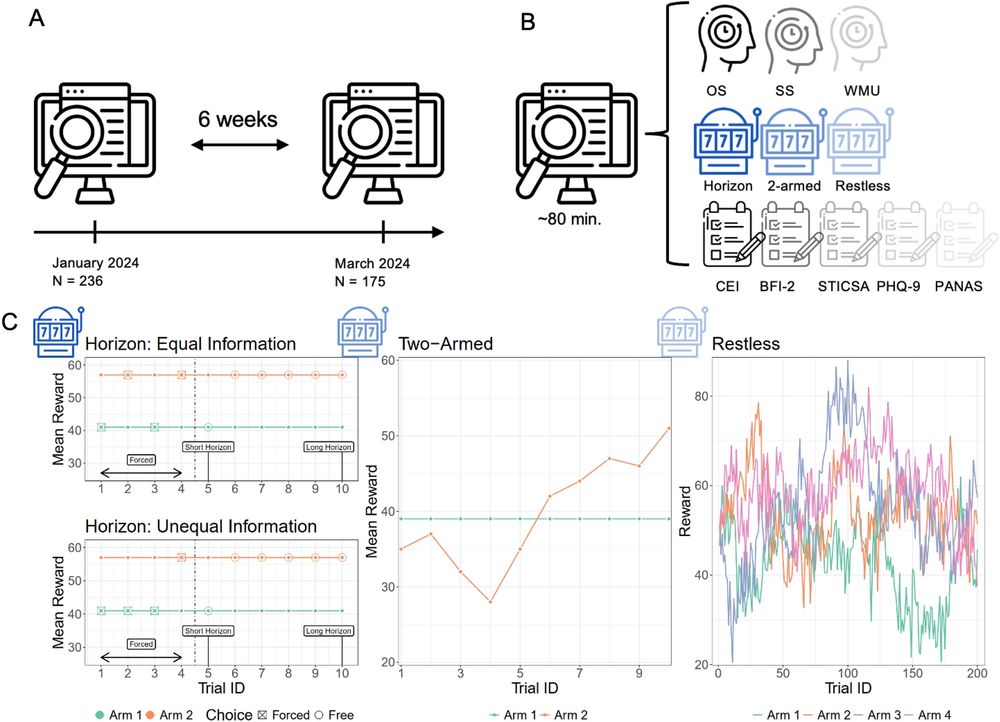
Together with amazing people:
@barnaveliirina.bsky.social
@lukaskunz.bsky.social @mirkothm.bsky.social
and Andrea Greve
Together with amazing people:
@barnaveliirina.bsky.social
@lukaskunz.bsky.social @mirkothm.bsky.social
and Andrea Greve
Check it out!
Check it out!
📅 May 16th
🔗 hcai-munich.com/PhDHCAI.pdf
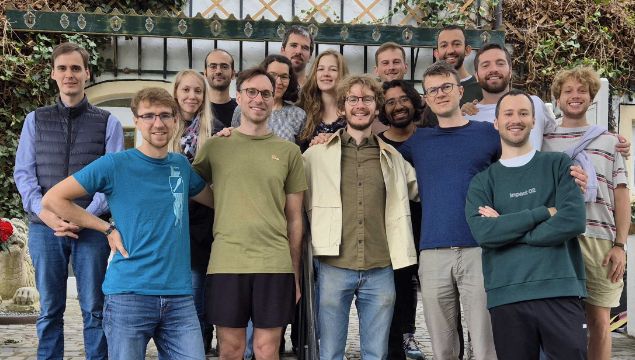
📅 May 16th
🔗 hcai-munich.com/PhDHCAI.pdf
www.nature.com/articles/s41...

www.nature.com/articles/s41...
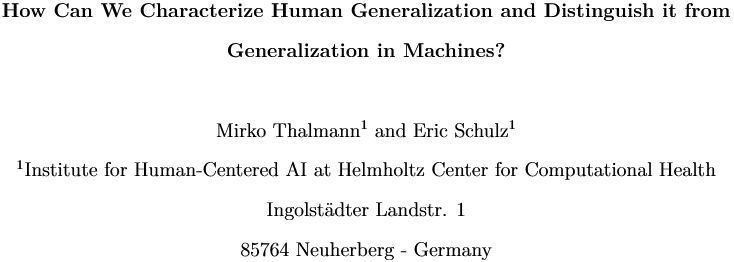
We are using LLMs to propose cognitive models in learning and decision making data. Presenting this work at RLDM!
arxiv.org/abs/2502.00879

We are using LLMs to propose cognitive models in learning and decision making data. Presenting this work at RLDM!
arxiv.org/abs/2502.00879
another day, another colleague falls foul of post-hoc power calculation requests by a grant reviewer
@lakens.bsky.social 's blog page comes in handy for this nonsense
#episky
daniellakens.blogspot.com/2014/12/obse...
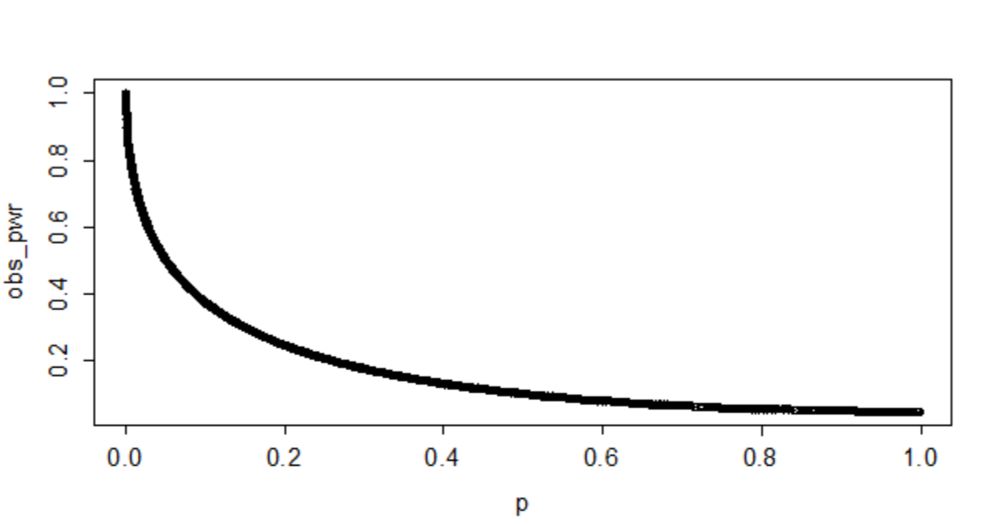
another day, another colleague falls foul of post-hoc power calculation requests by a grant reviewer
@lakens.bsky.social 's blog page comes in handy for this nonsense
#episky
daniellakens.blogspot.com/2014/12/obse...
osf.io/preprints/ps...
osf.io/preprints/ps...

🧵⤵️

🧵⤵️

More details: github.com/marcelbinz/P...
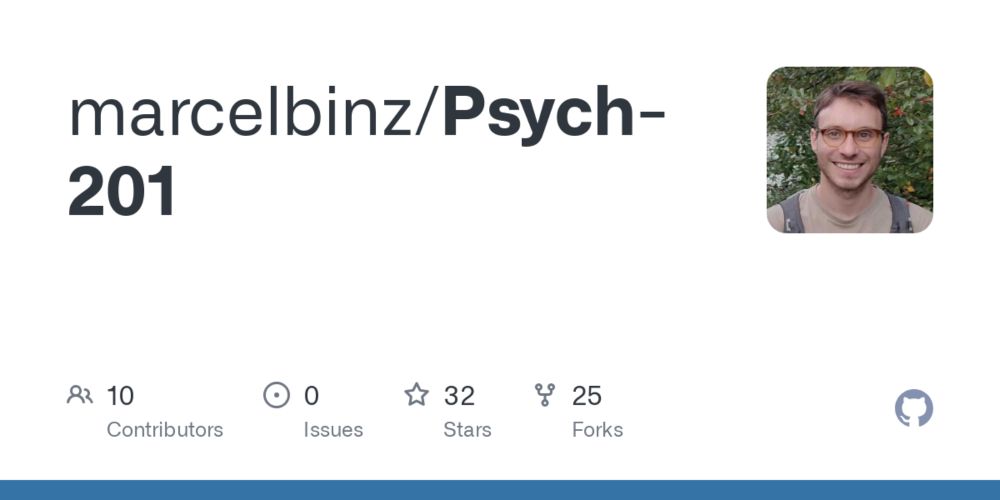
More details: github.com/marcelbinz/P...
arxiv.org/abs/2410.21332

arxiv.org/abs/2410.21332
www.nature.com/articles/s44...

With Mirko Thalmann & @ericschulz.bsky.social
🔗https://osf.io/preprints/psyarxiv/tzuey
With Mirko Thalmann & @ericschulz.bsky.social
🔗https://osf.io/preprints/psyarxiv/tzuey

